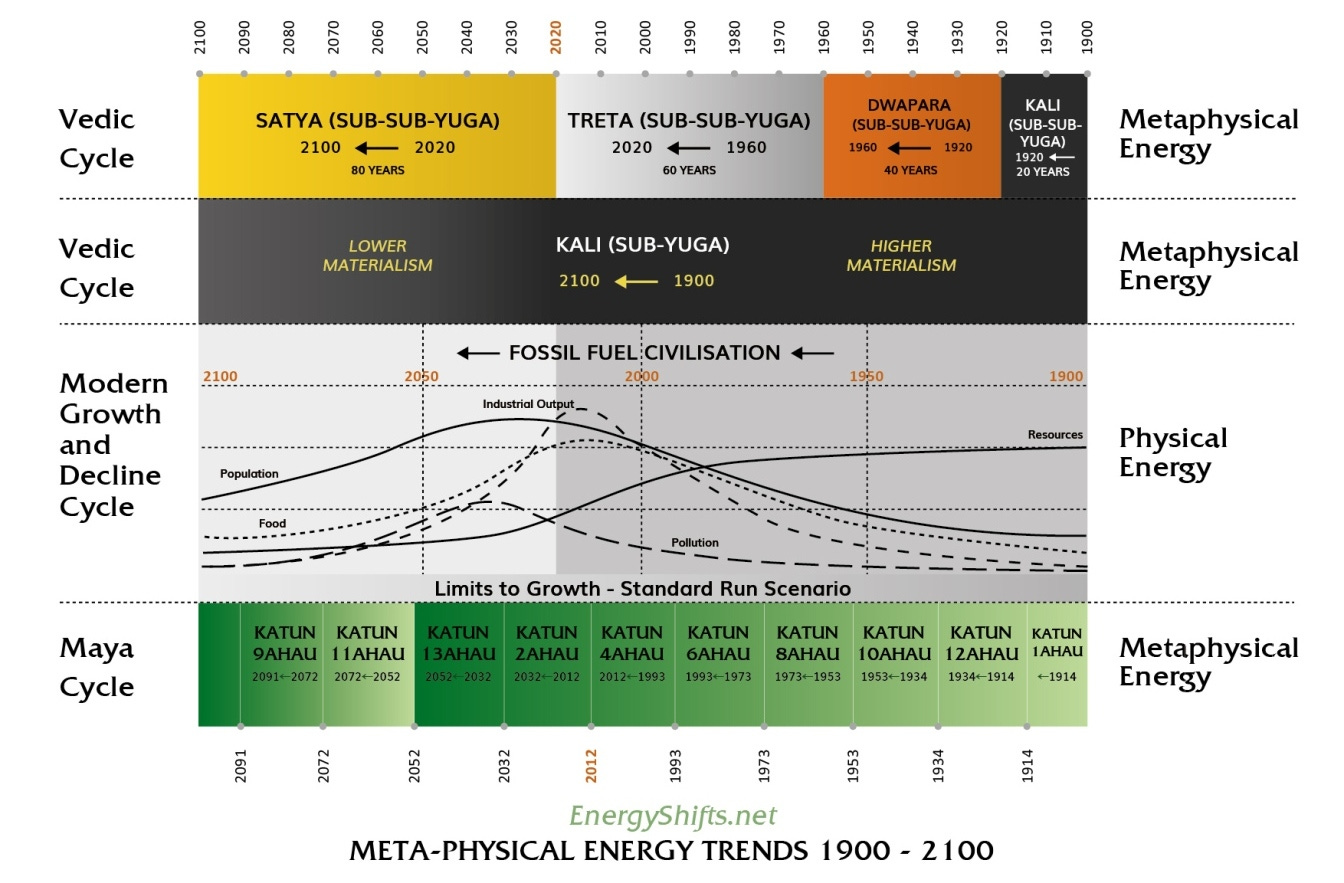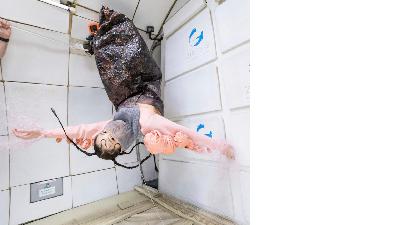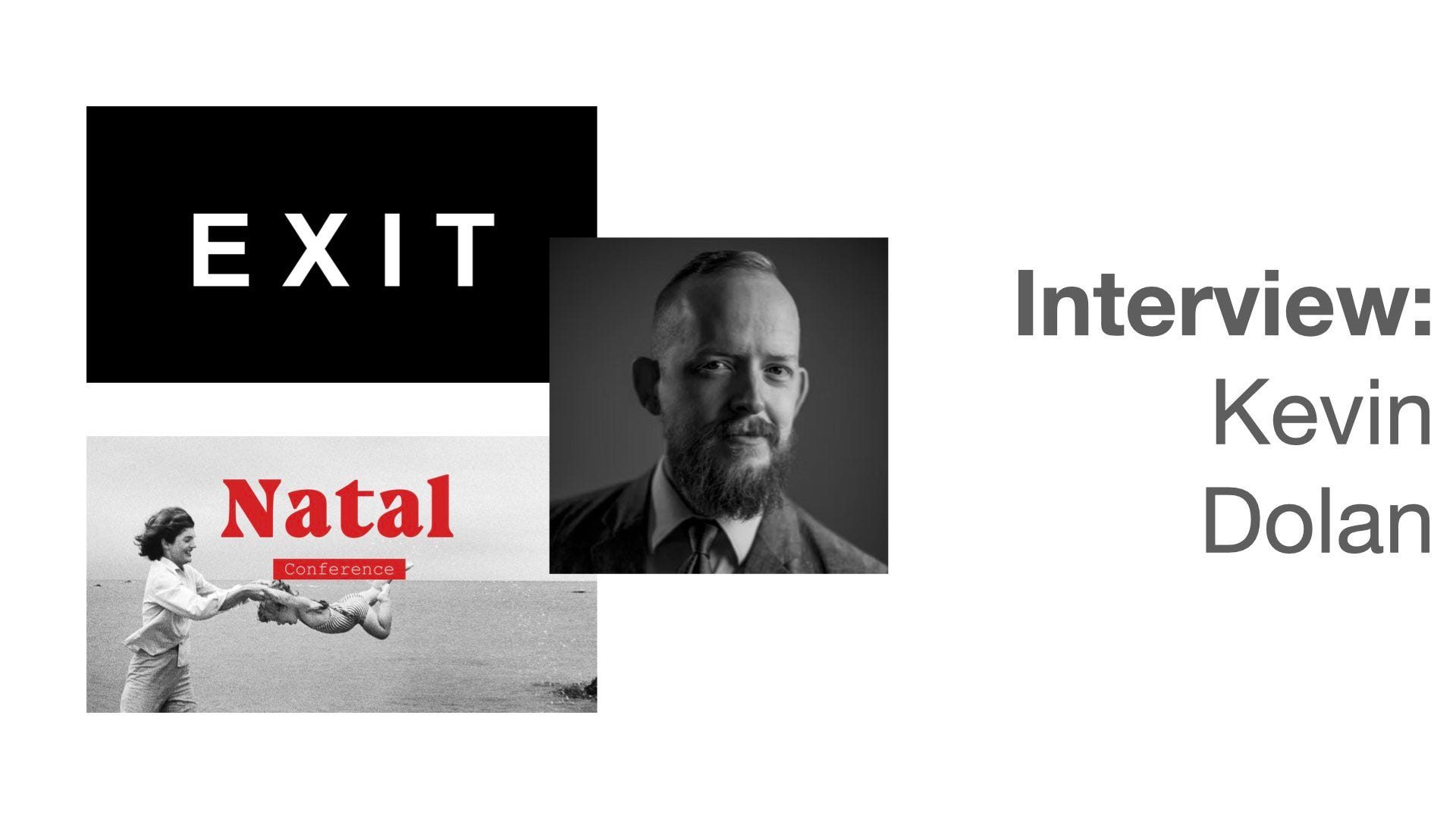Interview: Charles Hugh Smith - Spring 2025
Description
Talking with repeat guest, author and local Hawaii resident Charles Hugh Smith on the importance of living in the real world, insights from the scientific process, experimentation for incremental change, building your own utility, self reliance, behavioral modification, questioning the mythology of progress, anti-progress, technology worship, the value of something, economic externalities, Aina, AI and AI Gods, Digital Ice Nice, social change, social engineering, collective value systems, and strategies for staying sane in a digital world…
Excerpts
“ Try to live in the real world as much as possible because then you're more likely to avoid the derangement. And again, a back to basics is my approach. Question everything that you're doing your behaviors. Are they benefiting you or not? And if they're not benefiting you, then how can you modify them? Incremental is the way to go. To use the Daoist phrase: The journey of 1000 miles starts with a single step. Everything we do to improve our lives is incremental. It's possible to revolutionize your life. And if that opportunity exists and for sure, go for it. But for most of us, incremental is how we change.
Accepting that we can change a lot by our behaviors, what we think of as priorities and incentives. That's how we change. We don't necessarily need a new life, per se. We just need to change our behaviors and what we value.”
“ And I think the problem is not technology per se. It's our worship. In other words we're like blindly obedient to it. And in other words to the idea in the mythology of progress.”
“ Because there are limits and to claim there that you have limitless power is to set yourself up for the fall…. it's actually a psychological failing as well. You don't have to believe in karma or religion. If you aspire or claim godlike powers, then you're setting yourself up for self destruction just psychologically because it's disconnected from reality”
“ I tend to see things more as organic - that these systems are complicated.
There's a lot of dynamics. We're not really in a position to control as much as we think is, my view and that, it's better to let people make their own decisions. And if it's if it stops working for them, then they're gonna open their mind and be willing to try something else.”
Follow Charles Hugh Smith @ oftwominds.com
On Twitter @@chsm1th
On Substack @ charleshughsmith.substack.com/
Timestamps
02:18 Exploring Solar Energy: Projects and Experiments
Charles shares his experiences with solar energy projects, discussing the economic challenges of solar power at small scales and importance of self-reliance, focusing on reducing dependence on fragile global supply chains.
10:04 Behavioral Changes for Energy Efficiency
Charles details his efforts of behavioral changes rather than technology.
23:56 The Value of Experimentation
He emphasizes the importance of experimentation as a tool for understanding and adapting to change, whether in personal resilience, self-employment, or daily consumption
29:13 Questioning the Mythology of Progress
Charles challenges the conventional view that technological advancements and economic growth always equal progress. He argues that progress can sometimes be anti-progress when it degrades quality of life or damages the planet.
33:36 Objective Analysis of Progress and Anti-Progress
To break free from blind faith in progress, Charles advocates for an objective assessment of technological and economic developments, considering both benefits and negative consequences rather than uncritically accepting advancements.
36:14 Technology Worship and Its Consequences
Technology is often worshiped as an unstoppable force, arguing that society needs to question its trajectory rather than passively accepting every technological development as progress.
43:35 AI and the Mythology of Progress
Charles discusses how AI fits into the broader mythology of progress, highlighting the misplaced belief that AI advancements are inherently beneficial. He critiques the economic incentives driving AI development and the illusion of intelligence in machine learning models.
47:28 The Limits of AI and Human Intelligence
He examines the limitations of AI, particularly its inability to truly understand or possess human-like intelligence. He also critiques the misconception that intelligence is purely rational, emphasizing the role of emotions in human cognition.
50:27 A New Mythology for the 21st Century
Charles proposes that humanity needs a new guiding mythology that acknowledges limits rather than blindly embracing technological expansion. He suggests shifting status away from excessive consumption and toward sustainable, meaningful contributions to society.
01:03:21 Social Change and the Role of Technology
He explores how social change happens organically with contrasts of top-down efforts to engineer social change.
01:08:42 Staying Sane in a Digital World
In closing, Charles advises treating the digital world cautiously—like plutonium—while prioritizing real-world experiences and behavioral changes. He stresses the importance of small, incremental steps toward resilience and personal well-being.
Get full access to Leafbox at leafbox.substack.com/subscribe
























